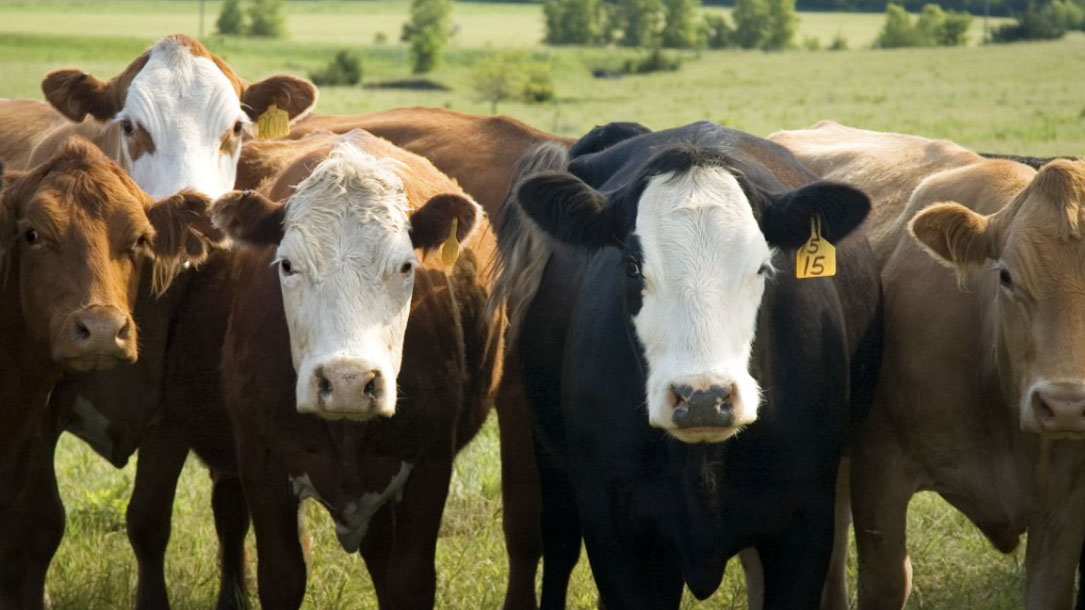
Tweaking cows’ diets can reduce climate-warming pollution
[T]weaking a cow’s diet can cut those emissions by up to 40%, according to some estimates. Providing feed that’s easier to digest, adjusting the proportions of nutrients, and supplementing with certain additives can help reduce the methane produced.
Wightman says it also boosts milk production because less of the energy contained in the feed goes to waste.
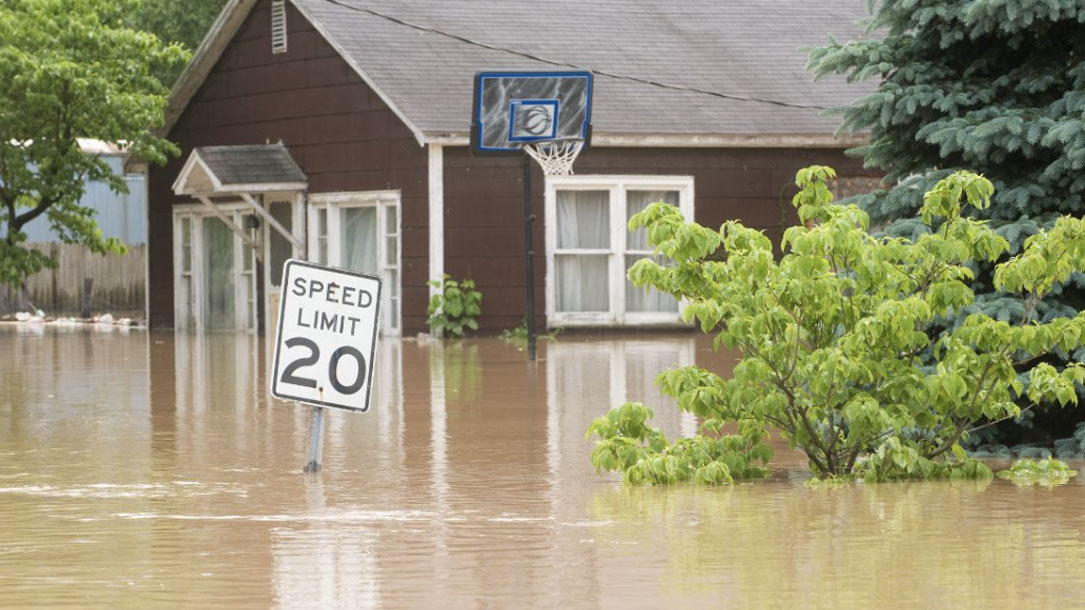
Five tips for talking about climate change
If you’ve been avoiding this tricky topic, you’re not alone. About two-thirds of Americans say they “rarely” or “never” discuss the changing climate with family or friends, though 70 percent believe it’s happening, according to a study from Yale University and George Mason University.
We’re here to help you navigate the climate talk and (gently) bust five common myths, so you can have more meaningful discussions that help spur understanding and action…

Large influence of soil moisture on long-term terrestrial carbon uptake
The impact of climate change on soil moisture could push land past a “tipping point” — turning it from a net carbon “sink” to a source of CO2.
This research shows that levels of soil moisture — which are impacted by rising temperatures and extreme events such as droughts — can have a “large negative influence” on the land’s ability to store carbon…
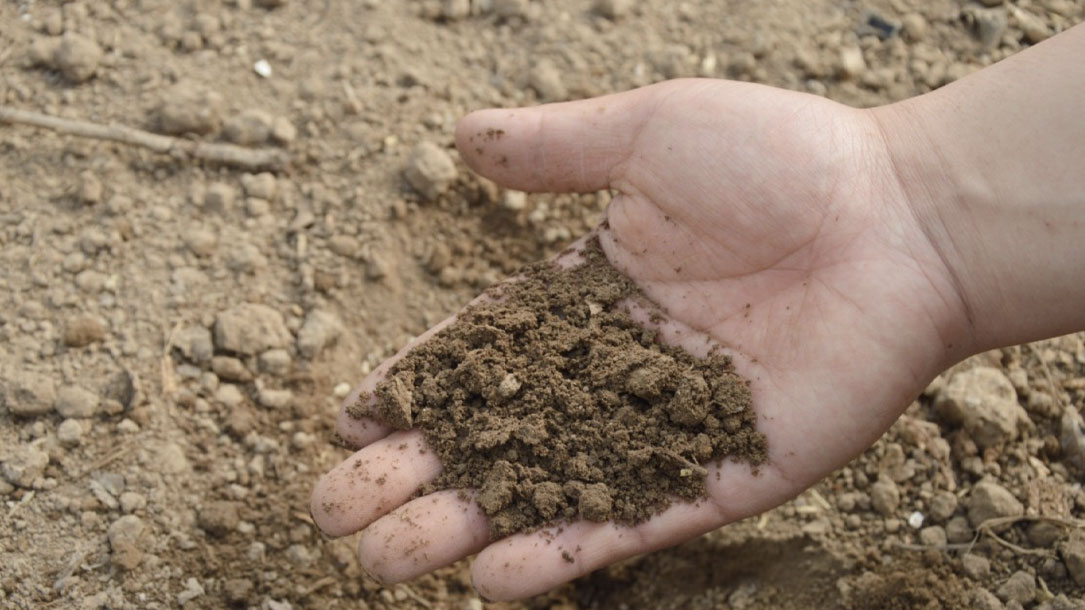
Climate change’s impact on soil moisture could push land past the ‘tipping point’
The impact of climate change on soil moisture could push land past a “tipping point” — turning it from a net carbon “sink” to a source of CO2, one study finds.
The research, published in Nature, shows that levels of soil moisture — which are impacted by rising temperatures and extreme events such as droughts — can have a “large negative influence” on the land’s ability to store carbon…
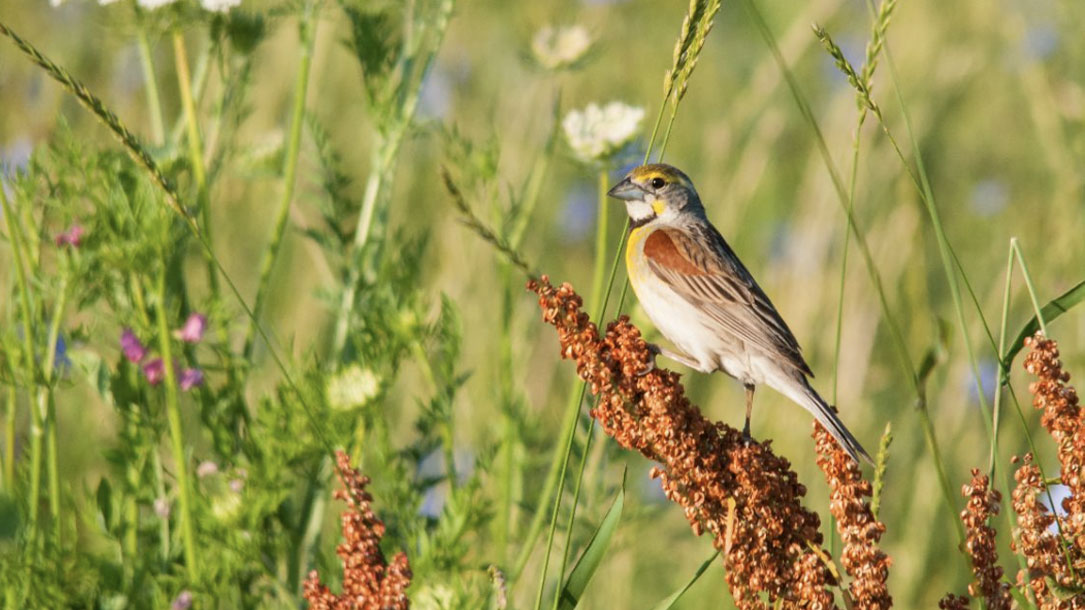
Heat waves may limit mating in birds, but can behavior mitigate the effects of climate change?
Scientists are racing to understand how animals respond to climate change, including the increasing prevalence and intensity of heat waves. Heat waves can be lethal, even for endotherms (warm-blooded animals) that internally regulate their own temperatures. But what about the sub-lethal effects of heat that do not kill animals but still might influence their ability to thrive in our changing world?
Behavioral and physiological effects of heat are likely but have been missing from recent high-profile studies on climate change. Researchers from Indiana University Bloomington and the University of Tennessee Knoxville recently teamed up to examine how heat and behavior interact to affect physiology…
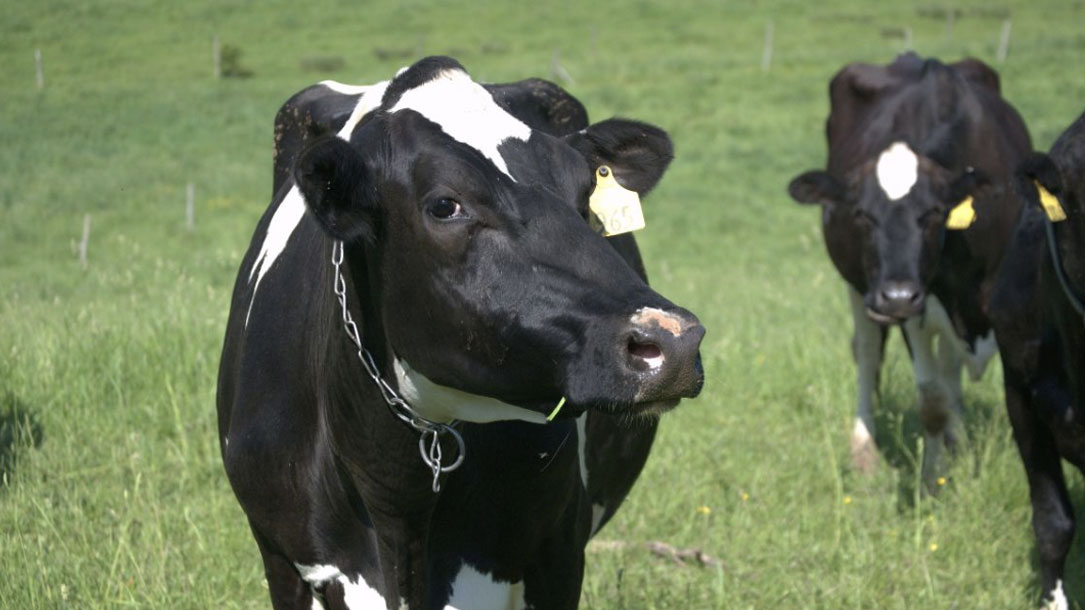
Agrivoltaics looks at farming around and among solar panels
If you are driving to the West Central Research and Outreach Center (WCROC), look along U.S. Highway 59 for large pastures where cows graze among solar panels.
The cows, under the direction of Bradley Heins, Ph.D., University of Minnesota, use the panels for shade and shelter.
Double cropping solar power and organic dairy production works successfully here, but the concept — called agrivoltaics — is still very new…
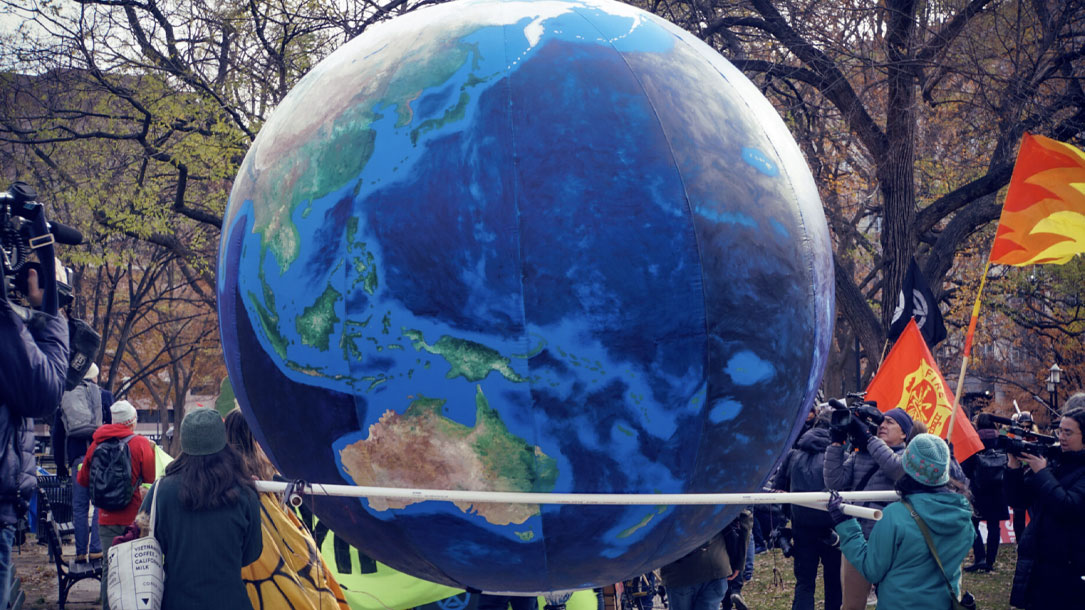
Inflation Reduction Act (IRA) Summary: Energy and Climate Provisions
Hot on the heels of the bipartisan CHIPS and Science Act being signed into law—a major victory for energy and climate policy — the Inflation Reduction Act (IRA) reconciliation package would make significant progress towards America’s mid-century climate goals. While the Bipartisan Policy Center does not support the use of reconciliation to pass major legislation, many of the energy and climate provisions in the IRA have enjoyed bipartisan support and match our previous recommendations. Clean energy provisions in the bill would accelerate the deployment of clean energy technologies, reduce global emissions, lower energy prices, help export American innovation, strengthen our economy and build a reliable and affordable energy sector.

Is fungi the most underused resource in the fight against climate change?
Picture a group of “climate change warriors” massing together in a battle to save the planet. Did you imagine a line of mushrooms? Well, maybe you should have, according to scientists at Boston University in the United States.
Fungi play a critical role in helping forests absorb carbon and combat the potential impacts of climate change, two Boston researchers say. Known as the “fifth kingdom of life on Earth”, there are millions of species of fungi and they are present everywhere: in water, in the air, in the soil, and on trees…

Researchers can now explain how climate change is affecting your weather
Chances are, if you live on Earth, you’ve experienced some strange, or downright dangerous, weather in the last few years. Maybe it was a heat wave that was hotter and longer than you’d ever experienced. Or a thunderstorm that dropped a scary amount of rain. Or a powerful hurricane that seemed to materialize overnight.
Climate change is part of that story. Extreme weather is more likely as the Earth gets hotter. But such sweeping statements can feel impersonal, when really what you want to know is: has climate change affected me?
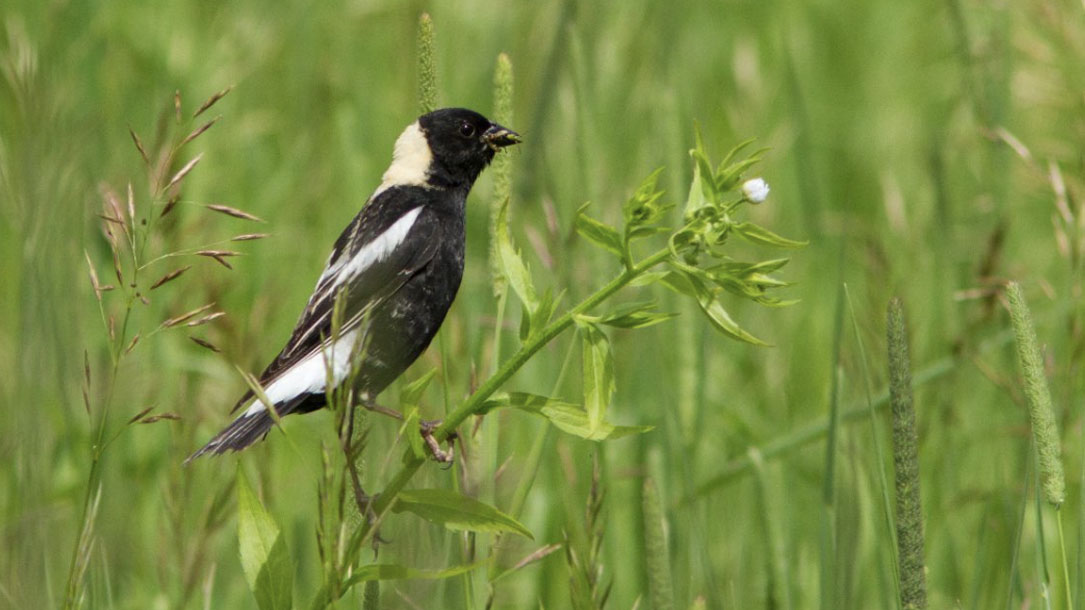
Climate change affects bird nesting phenology: comparing contemporary field and historical museum nesting records
Global climate change impacts species and ecosystems in potentially harmful ways. For migratory bird species, earlier spring warm-up could lead to a mismatch between nesting activities and food availability. CO2 provides a useful proxy for temperature and an environmental indicator of climate change when temperature data are not available for an entire time series.












